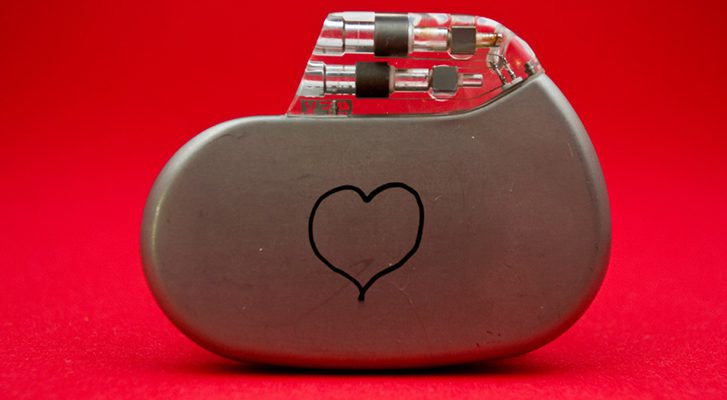All You Need to Know about Getting a Pacemaker
If a person’s heart is healthy, it acts as a pacemaker itself, regulating the heartbeats. But a number of times, people need some assistance to help maintain a regular heartbeat. That is where a pacemaker comes in. It is actually a small device that is placed under a patient’s skin. The device detects irregularities in the heartbeat and sends electrical impulses to correct that.
Types of Pacemakers
Your doctor will decide what kind of pacemaker you require, based on the condition of your heart. There are three types of pacemakers:
- Single chamber pacemaker: Sends impulses to the right ventricle.
- Dual chamber pacemaker: Sends impulses to the right ventricle as well as atrium.
- Biventricular pacemaker: Stimulates both ventricles.
Problems Treated
A pacemaker can help a patient deal with a number of issues like:
- Arrhythmia
- Hearts damaged by aging or heart disease
- After atrial fibrillation has been performed to treat arrhythmias
- You are on heart medication (like beta blockers)
- Fainting spells
- Heart muscle problems
- Long QT syndrome
How is it Implanted?
There are two main ways in which a pacemaker is implanted. Your doctor will be able to decide which method is best for you.
- Endocardial approach: This procedure requires local anesthesia, the incision is in the chest and the leads are guided to the heart through a vein. The pulse generator is placed in the upper chest.
- Epicardial approach: This procedure requires general anesthesia, and the pulse generator is placed in the abdomen.
After the Procedure
Patients may be required to stay at the center overnight after the implantation. You will be shown how to care of the wound. If you notice any of the following symptoms, you will need to contact your doctor immediately:
- Increased drainage, bleeding, or oozing from operation site
- Incision’s opening increases
- Redness at site
- Warmth at site
- Fever or chills
At Jaipur Heart & Multispeciality Centre, we have some of the best pacemaker specialists in Jaipur who will guide you through the entire procedure and make sure that you are well informed about the risks, recovery, and what to expect from the surgery. You will also be given an ID card that will list all details of your pacemaker and the surgeon who performed the procedure. You must carry this card always, in case you need medical services at some other hospital.

